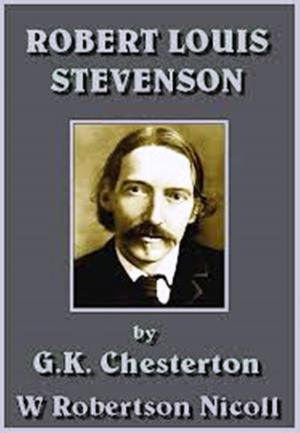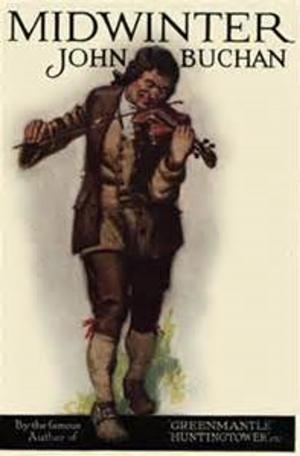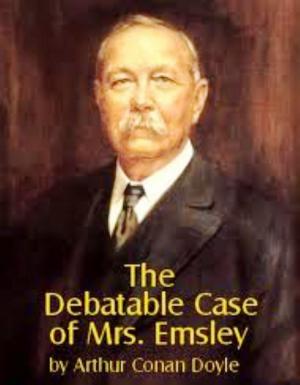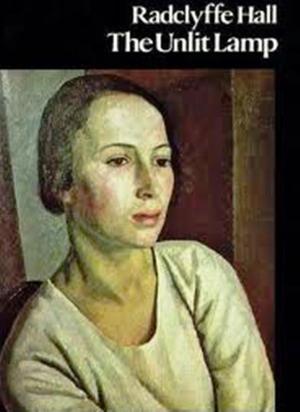| Author: | G.K. CHESTERTON | ISBN: | 1230000146746 |
| Publisher: | WDS Publishing | Publication: | June 30, 2013 |
| Imprint: | Language: | English |
| Author: | G.K. CHESTERTON |
| ISBN: | 1230000146746 |
| Publisher: | WDS Publishing |
| Publication: | June 30, 2013 |
| Imprint: | |
| Language: | English |
GEORGE FREDERICK WATTS was born on 23rd February 1817. His whole rise and career synchronizes roughly with the rise and career of the nineteenth century. As a rule, no doubt, such chronological parallels are peculiarly fanciful and unmeaning. Nothing can be imagined more idle, in a general way, than talking about a century as if it were some kind of animal with a head and tail, instead of an arbitrary length cut from an unending scroll. N or is it less erroneous to assume that even if a period be definitely vital or disturbing, art must be a mirror of it; the greatest political storm flutters only a fringe of humanity; poets, like brick-layers, work on through a century of wars, and Bewick's birds, to take an instance, have the air of persons unaffected by the French Revolution. But in the case of Watts there are two circumstances which render the dates relevant. The first is that the nineteenth century was self-conscious, believed itself to be an idea and an atmosphere, and changed its name from a chronological almost to a philosophical term. I do not know whether all centuries do this or whether an advanced and progressive organ called "The Eleventh Century" was ever in contemplation in the dawn of the Middle Ages. But with us it is clear that a certain spirit was rightly or wrongly associated with the late century and that it called up images and thoughts like any historic or ritual date, like the Fourth of July or the First of April. What these images and thoughts were we shall be obliged in a few minutes and in the interests of the subject to inquire. But this is the first circumstance which renders the period important; and the second is that it has always been so regarded by Watts himself. He, more than any other modern man, more than politicians who thundered on platforms or financiers who captured continents, has sought in the midst of his quiet and hidden life to mirror his age. He was born in the white and austere dawn of that great reforming century, and he has lingered after its grey and doubtful close. He is above all things a typical figure, a survival of the nineteenth century.
GEORGE FREDERICK WATTS was born on 23rd February 1817. His whole rise and career synchronizes roughly with the rise and career of the nineteenth century. As a rule, no doubt, such chronological parallels are peculiarly fanciful and unmeaning. Nothing can be imagined more idle, in a general way, than talking about a century as if it were some kind of animal with a head and tail, instead of an arbitrary length cut from an unending scroll. N or is it less erroneous to assume that even if a period be definitely vital or disturbing, art must be a mirror of it; the greatest political storm flutters only a fringe of humanity; poets, like brick-layers, work on through a century of wars, and Bewick's birds, to take an instance, have the air of persons unaffected by the French Revolution. But in the case of Watts there are two circumstances which render the dates relevant. The first is that the nineteenth century was self-conscious, believed itself to be an idea and an atmosphere, and changed its name from a chronological almost to a philosophical term. I do not know whether all centuries do this or whether an advanced and progressive organ called "The Eleventh Century" was ever in contemplation in the dawn of the Middle Ages. But with us it is clear that a certain spirit was rightly or wrongly associated with the late century and that it called up images and thoughts like any historic or ritual date, like the Fourth of July or the First of April. What these images and thoughts were we shall be obliged in a few minutes and in the interests of the subject to inquire. But this is the first circumstance which renders the period important; and the second is that it has always been so regarded by Watts himself. He, more than any other modern man, more than politicians who thundered on platforms or financiers who captured continents, has sought in the midst of his quiet and hidden life to mirror his age. He was born in the white and austere dawn of that great reforming century, and he has lingered after its grey and doubtful close. He is above all things a typical figure, a survival of the nineteenth century.















